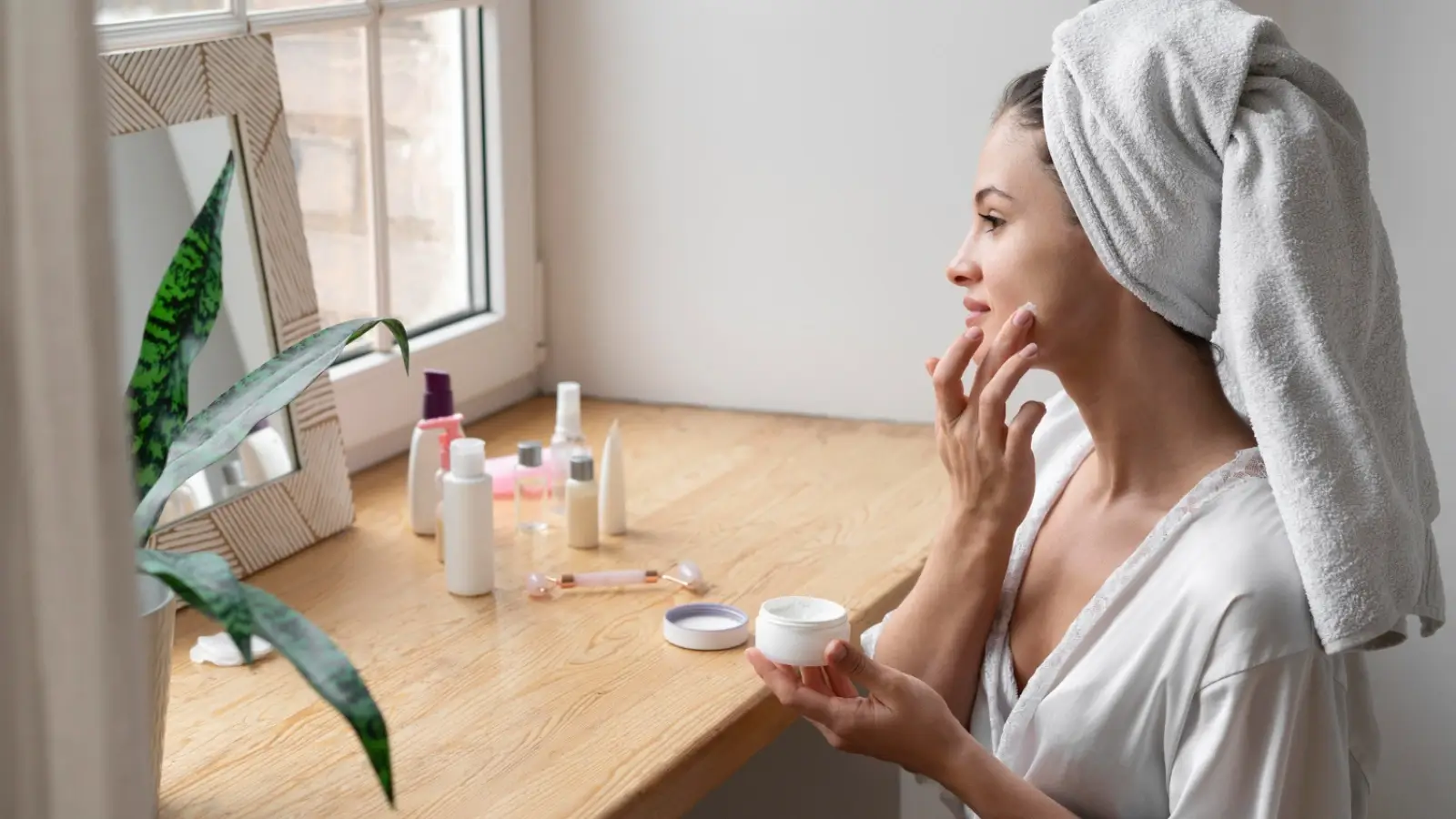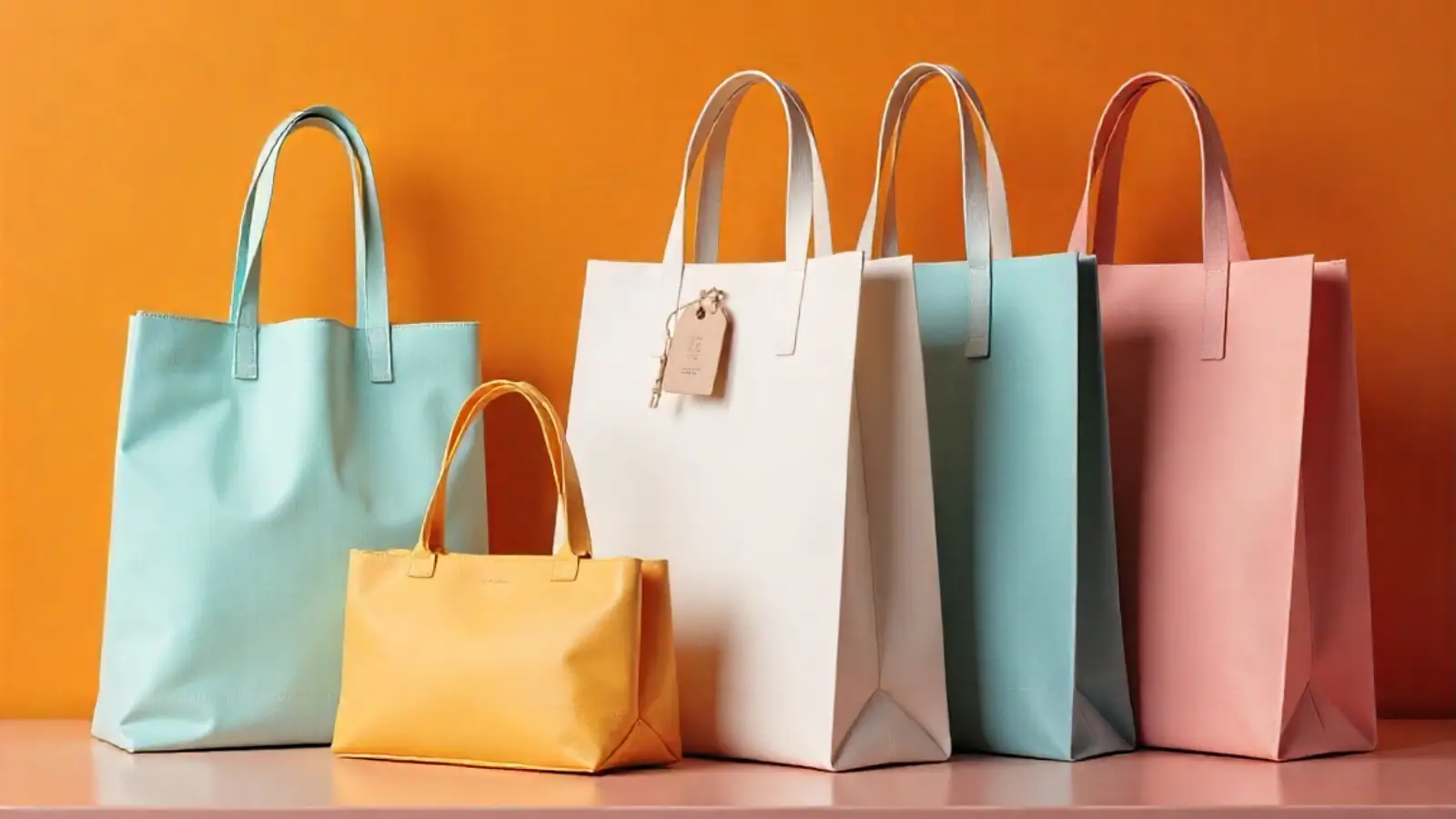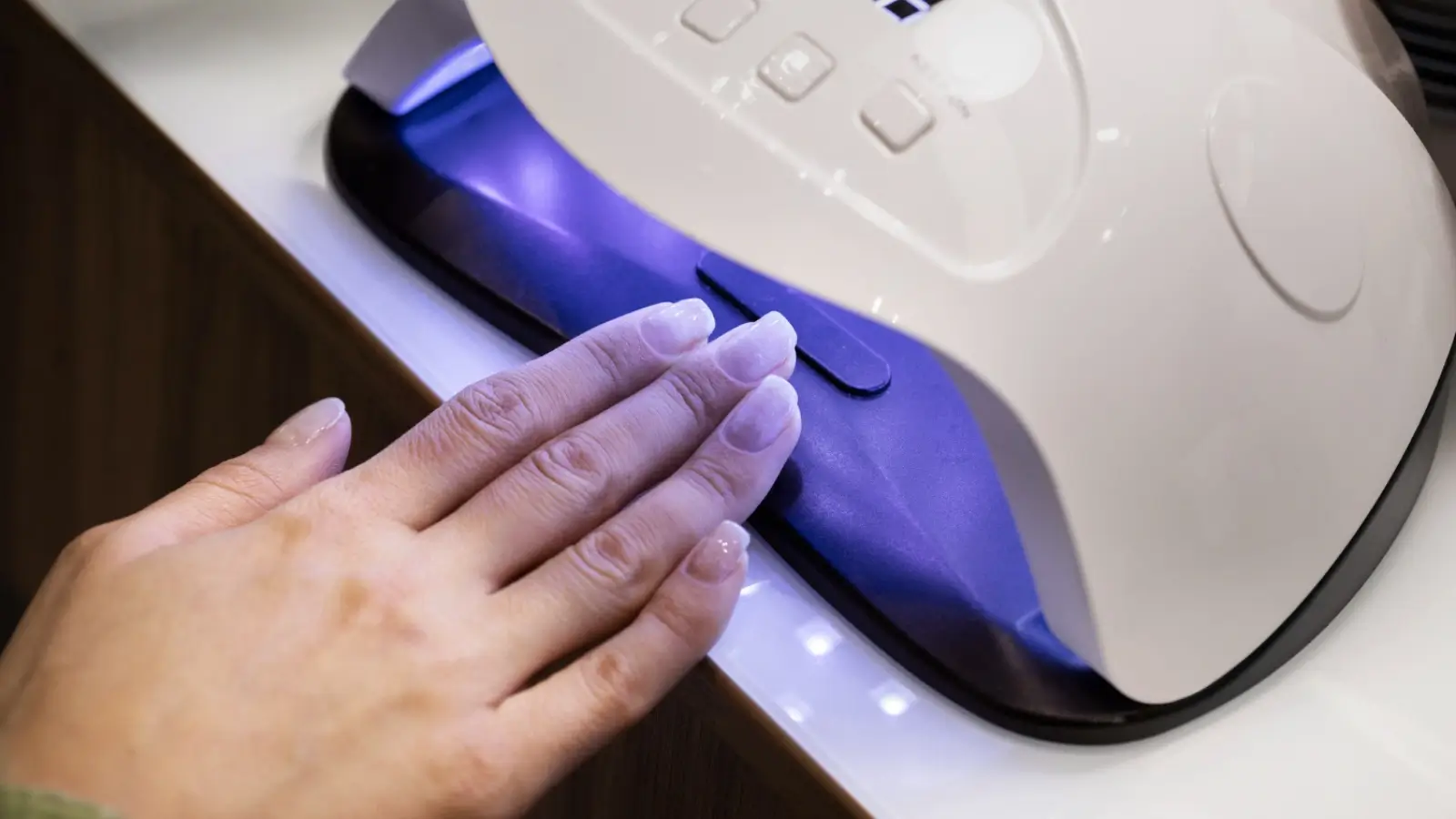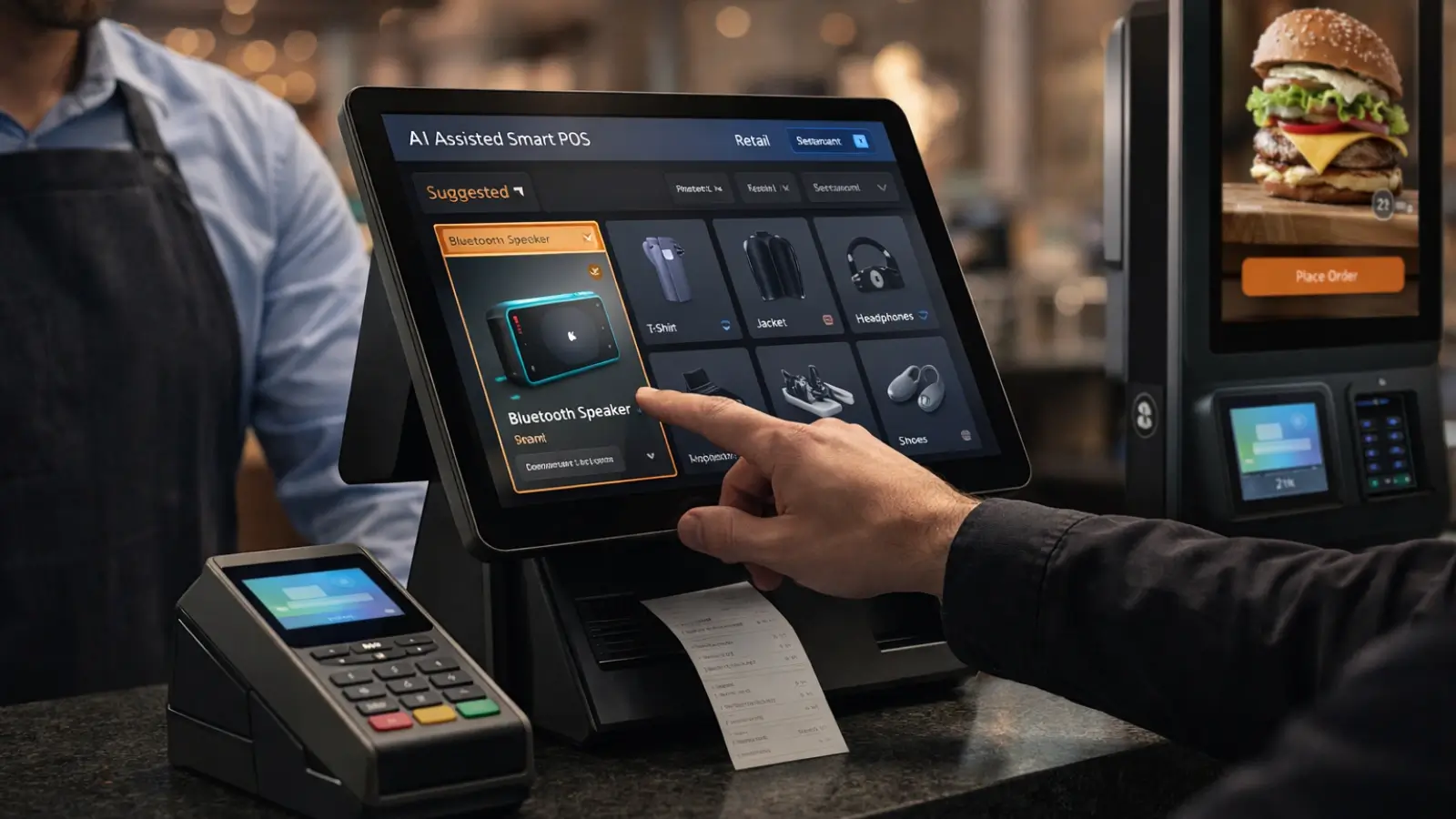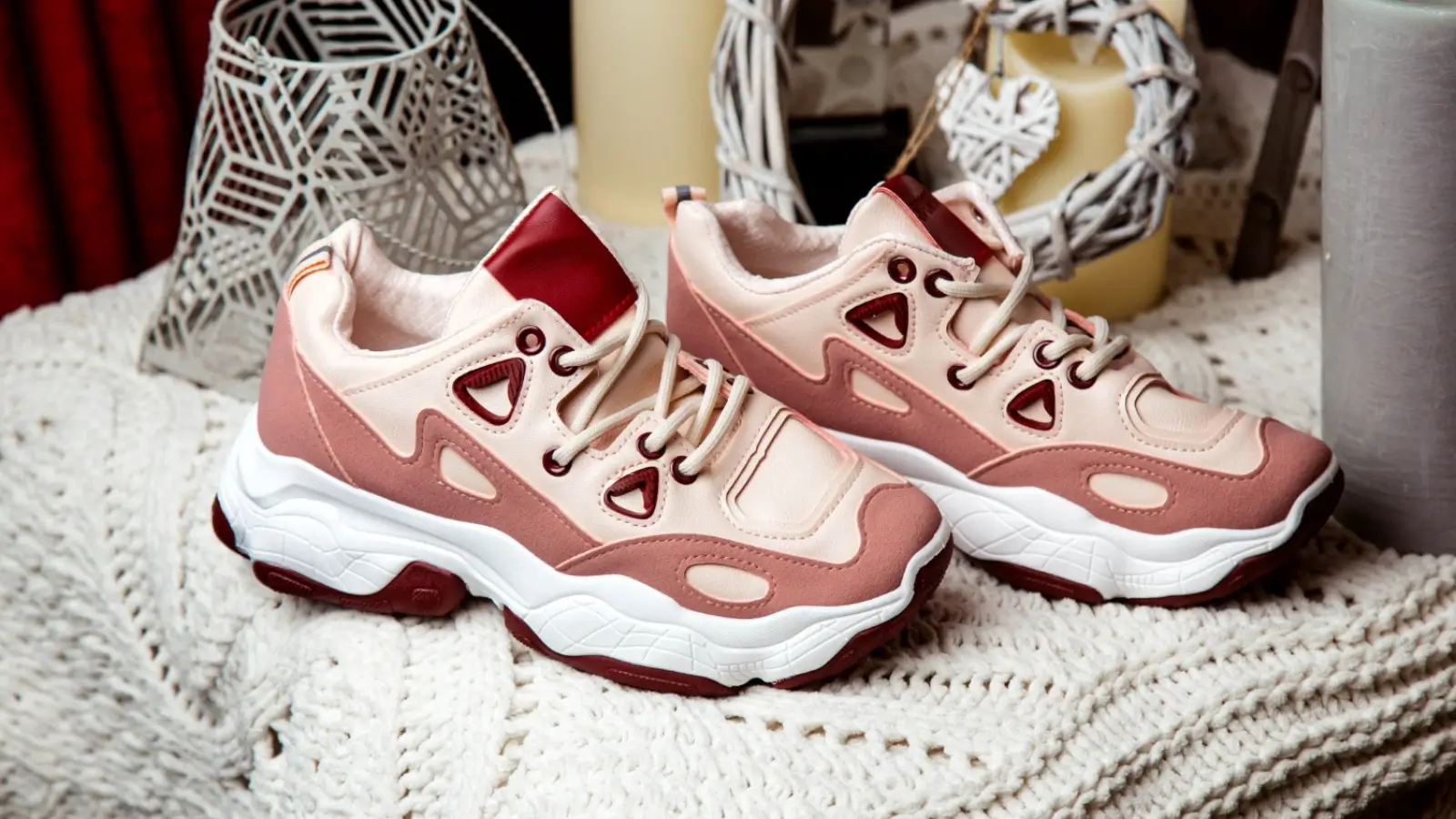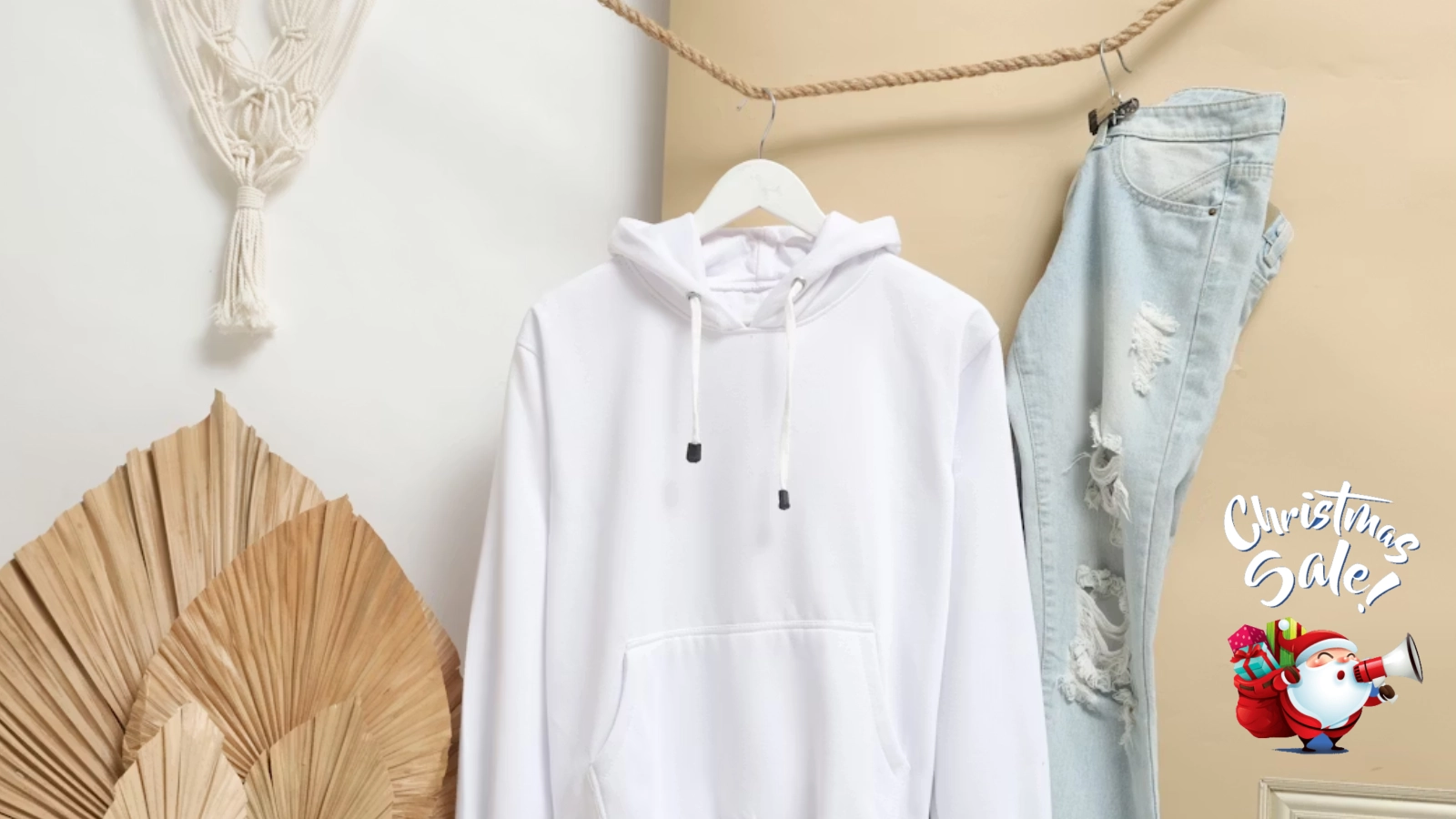Thinking of starting a beauty brand? You’re in good company. Every day, new names pop up in skincare, haircare, and everything in between. It’s a booming space—but it’s also competitive. And one of the earliest decisions you’ll face is this: how will your product actually get made?
That’s where private and white labels come into play. At first, the terms can seem confusing. They sound pretty similar. But once you dig in, the difference is big—especially when it comes to things like control, budget, and how unique your brand feels.
Let’s break down the basics so you can figure out what fits best with your goals.
What Is White Label?
White label is the “plug and play” option. Imagine a haircare manufacturer has already made a shampoo, packaged it, and tested it. You can buy that same product, slap your brand’s name on it, and start selling. It’s that straightforward.
This route is popular for good reason. It saves time. It’s cheaper upfront. You don’t have to mess with formulas, ingredients, or lab work. Many newer brands use white labels to get started quickly and keep things simple in the beginning.
But there’s a trade-off. Since the product isn’t exclusive to your brand, there’s a solid chance that other businesses are selling that same exact item under different names. So, it’s harder to stand out or tell a story that’s unique to you.
If your focus is on speed and low cost, the white label works well. But if your brand is all about originality or specific values—like eco-friendly packaging or ingredient transparency—you might feel a bit limited.
What Is a Private Label?
A private label, on the other hand, gives you room to create something that feels like yours. You’re still working with a manufacturer, but you have more say in the product itself. That might mean using one of their existing formulas and adjusting it slightly—or creating something brand-new.
That extra freedom is perfect for brands that want to control how their products look, smell, and perform. It also opens the door to custom ingredients, unique scents, and branding that actually reflects what your business is all about.
Take Rainshadow Labs Private Label Shampoo, for example. It’s designed for smaller brands that want high-quality formulas but still need flexibility. You can personalize the product without having to order huge quantities, which is ideal if you’re just starting out.
This custom path does take more time. And yes, the investment is usually higher than the white option. But the payoff is big: you walk away with a product that truly matches your brand’s voice. Something customers can connect with. Something that’s yours.
Which Option Fits Your Brand?
Still not sure which option is right for you? Here’s a quick comparison to help you see the difference:
|
Factor |
White Label |
Private Label |
|
Speed to Launch |
Very Fast |
Slower |
|
Formula Control |
None |
Full Customization |
|
Cost at Startup |
Lower |
Moderate |
|
Brand Differentiation |
Shared Products |
Exclusive Feel |
|
Long-Term Growth |
Limited |
Strong Potential |
At the end of the day, it’s not about which one is better—it’s about what fits your brand right now.
Can You Use Both?
Actually, yes. You don’t have to commit to one forever.
Many businesses start with the white label to keep things simple. Then, once they’ve built a little traction and figured out what their audience responds to, they move into the private label. This way, they’ve tested the concept before investing too heavily.
The beauty of today’s market is that you don’t always have to switch suppliers. Some manufacturers offer both white and private labels under one roof. So when you’re ready to upgrade your product, you’re not starting over from scratch. You can evolve without losing momentum.
This kind of flexibility is helpful when you’re growing a business in stages. It allows you to move at your own pace while still building toward a product you truly believe in.
Final Thoughts
The private label gives you freedom. And the white label gives you speed. They both serve a purpose. One isn’t better than the other—they just work in different ways.
If your goal is to launch fast, save on costs, and test the waters, the white label could be the perfect place to begin. But if your brand is built on a deeper message or you want to control the full customer experience, a private label gives you the creative power to bring that vision to life.
Wherever you’re starting from, remember this: every strong brand begins with a smart decision. So, take the route that makes sense for where you are right now—and build from there.












